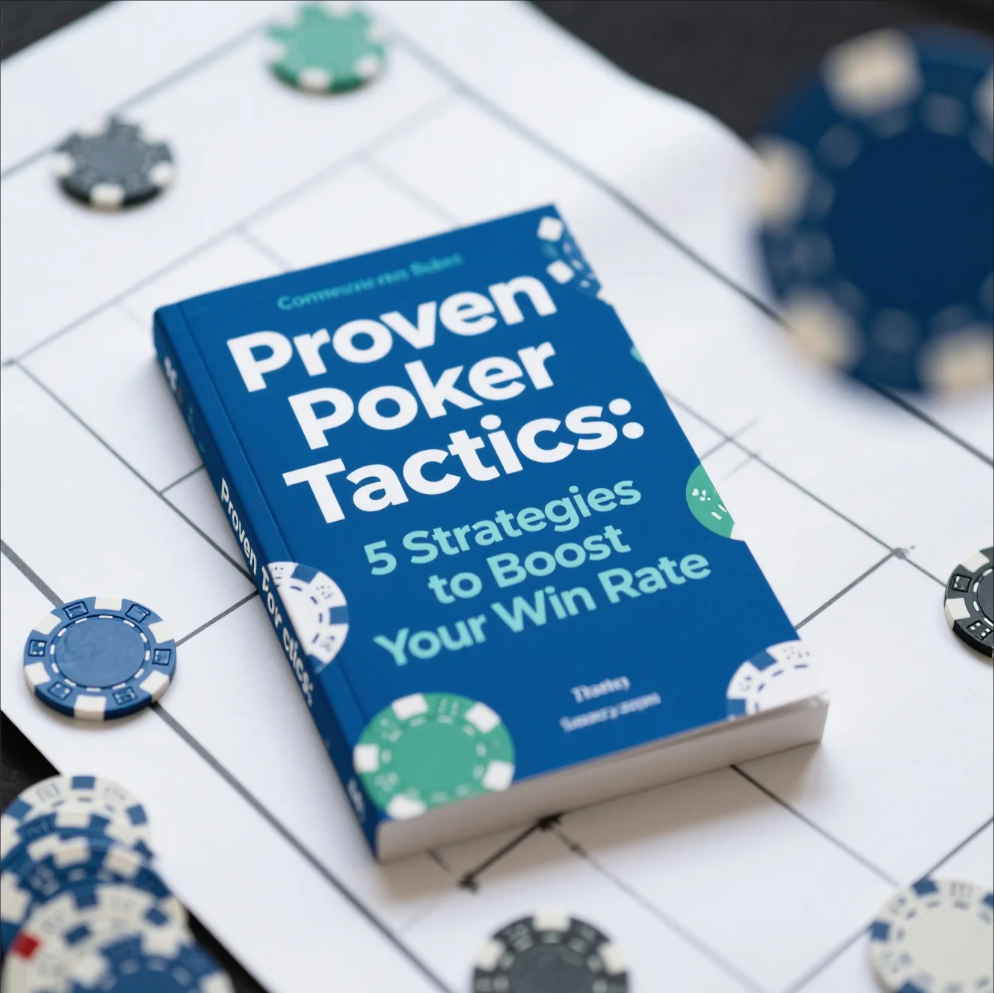Secrets of Successful Poker Players: Habits That Win Big
Poker is as much about skill and strategy as it is about luck. Behind every big win, successful poker players rely on consistent habits, sharp decision-making, and mental resilience. Understanding their secrets can help both amateur and experienced players elevate their game.
Here’s a look into the mindset and habits that define consistent winners at the poker table.
🧠 1. Mastering the Mental Game
The most successful poker players know that emotions are the enemy. Controlling tilt, staying focused, and thinking clearly under pressure are critical skills.
Key mental habits include:
- Staying patient during long sessions
- Avoiding impulsive moves
- Maintaining composure after losses
A clear mind allows players to make strategic decisions instead of reactive ones.
📊 2. Study and Analyze Continuously
Winning poker players are constantly learning:
- Reviewing hand histories to identify mistakes
- Studying opponents’ patterns and tendencies
- Staying updated with strategy books, videos, or forums
This analytical approach transforms each session into a learning opportunity, turning small improvements into long-term advantages.
💰 3. Bankroll Management
Even the best strategies fail without proper money management. Successful players practice:
- Setting session limits
- Avoiding chasing losses
- Allocating funds for both high- and low-stakes play
Good bankroll habits reduce stress and maximize longevity at the tables.
🔍 4. Reading Opponents and Table Dynamics
Poker is a game of observation. Professionals excel at:
- Interpreting betting patterns
- Recognizing tells and behavioral cues
- Adjusting their strategy based on table dynamics
Understanding both the cards and the players gives them a decisive edge.
⏰ 5. Consistent Practice and Discipline
Daily practice isn’t just about playing hands — it’s about structured improvement:
- Practicing specific scenarios
- Reviewing strategy for different formats (cash games, tournaments)
- Tracking personal performance metrics
Discipline separates casual players from those who consistently win big.
🌟 Conclusion
The secrets of successful poker players go beyond luck — they involve mental control, continuous learning, strategic money management, and sharp observational skills.
By adopting these habits, players can improve their game, minimize losses, and maximize winnings, turning poker into both a challenge and a rewarding pursuit.
Remember: in poker, consistency beats luck every time.









